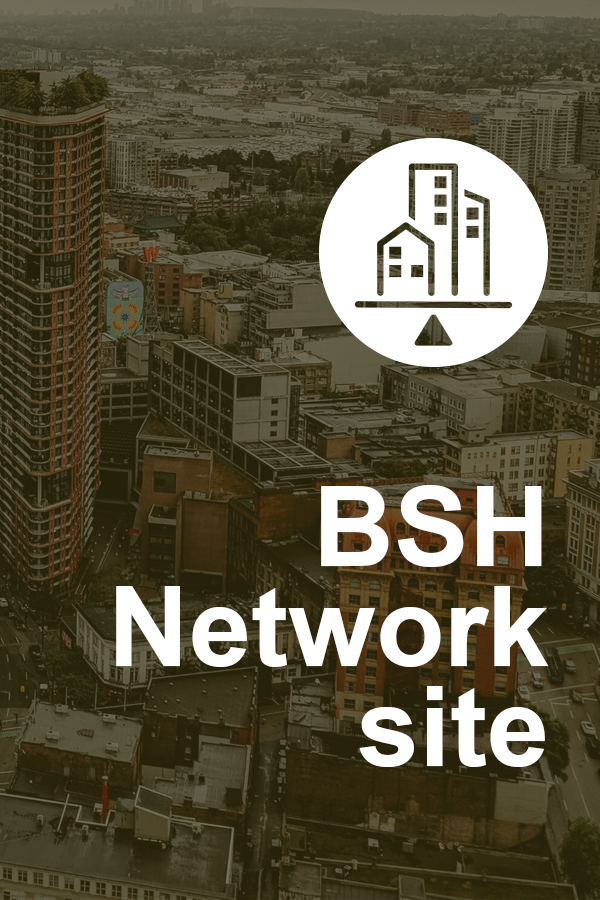New legislation tabled by the Provincial government in BC today takes steps to protect tenants from bad-faith evictions. In British Columbia, renters are twice as likely to be in core housing need than owners, and BSH research shows that an estimated 1 in 10 BC tenants have been evicted between 2016-2021. The current legislation does include some wins, including increasing the tenant dispute period from 15 days to 30 days which increases procedural fairness, and increasing landlords’ occupancy period from six to 12 months, which decreases the incentive for bad-faith evictions. The legislation also includes a requirement for landlords evicting for sale or own use to generate a notice with the Rental Tenancy Branch (RTB). We’re pleased to see this legislation move a step in the right direction, but doesn’t go far enough: if the Province is serious about protecting tenants against bad faith evictions legislation should be introduced that ensures that all notices to end tenancy are first filed with the RTB. Without this requirement, we will not be able to understand the real number of evictions, which international research currently estimates as five times the number of eviction filings. The new legislation will require “own use” evictions (i.e. evictions that are instigated by an owner wanting to ‘use’ the property) to first be filed with the RTB before a Notice to End Tenancy is issued, but by not tracking other forms of evictions there is no way to tell if this will simply incentivize landlords to evict for reasons that do not require formal filing. The province made similar changes in July of 2021 to protect tenants from bad-faith “renovictions” (i.e. landlord apply to evict a tenant so that they could renovate the property), and require proof of necessary permits and approvals before issuing a notice of eviction for major renovation. Analysis of RTB data from July of 2021 to May 26, 2022 shows that only three of these applications were disputed during this time in the Metro Vancouver area, which likely reflects limited uptake of the new reporting processes. Furthermore, without the requirement to formally file for all eviction types, the burden is shifted to the tenant to understand when they should be served an official notice. By not requiring landlords to apply for an order of possession for any form of eviction, the province also misses out on being able to properly monitor eviction filings and create evidence-based legislation.
If the province is serious about ending bad faith evictions, all evictions should be filed with the RTB before a notice to evict is granted, and restrictions to above rent increases should be strengthened for all to protect marginalized renter households from unfair rent increases.
The Balanced Supply of Housing is a community-based research project at UBC that focuses on land use and housing financialization across Vancouver, Toronto and Montreal.


